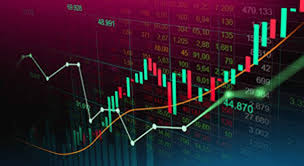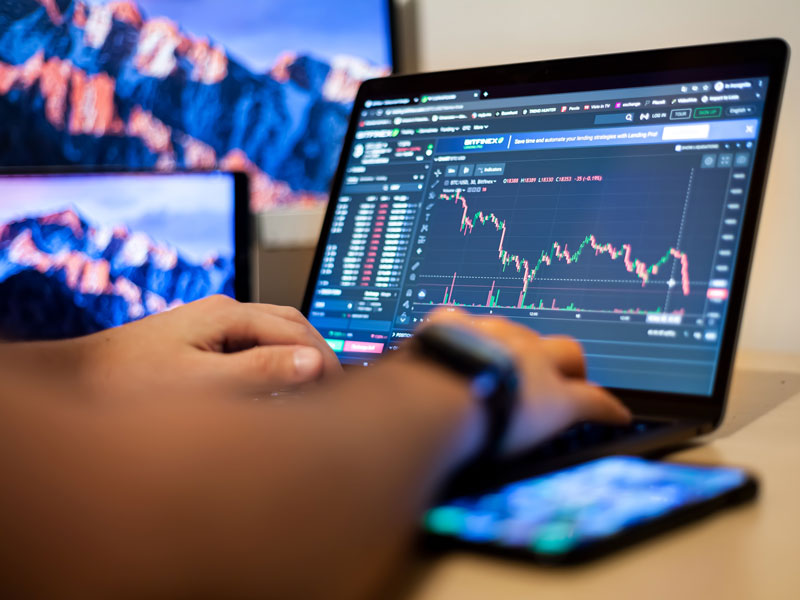
In recent years, the popularity of forex trading has skyrocketed, drawing in investors from all walks of life. However, a persistent debate looms over whether engaging in forex trading can be equated with gambling. Are traders investing their hard-earned money in a legitimate market, or are they simply risking it all on the roll of the dice? In this article, we will explore the intricacies of forex trading and its comparison to gambling, shedding light on both the risks and potential strategies that traders can utilize. For a comprehensive trading experience, consider using a reliable is forex trading gambling Trading Platform PH.
The Nature of Forex Trading
Forex, or foreign exchange, trading involves the buying and selling of currencies on the global market. Unlike other markets, the forex market operates 24 hours a day, allowing traders to enter and exit positions at their convenience. The market is influenced by various factors, including economic indicators, geopolitical events, and market sentiment. This makes it dynamic and, at times, unpredictable.
Understanding Gambling
Gambling, on the other hand, is typically characterized by games of chance, where outcomes are largely determined by luck rather than skill or strategy. Classic examples of gambling include poker, blackjack, and slot machines, where players wager money on uncertain results. The primary goal in gambling is to achieve a profit without regard to probability or skill in most casual contexts.
Comparing Forex Trading to Gambling
At first glance, forex trading may appear similar to gambling due to the elements of risk and uncertainty involved. Both activities require an understanding of market conditions, and both can lead to significant financial losses. However, there are several key differences that differentiate the two:
1. Skill vs. Luck
While luck plays a role in forex trading – as it does in any investment – successful traders rely on knowledge, analysis, and strategy. They utilize technical indicators, fundamental analysis, and risk management techniques to make informed decisions. In contrast, gambling outcomes are largely dependent on chance and very little skill can be applied.
2. Probability and Risk Management

Successful forex traders are well-versed in risk management techniques, such as setting stop-loss orders, diversifying their portfolio, and reviewing their trade performance. These strategies help them mitigate potential losses and manage risk. In gambling, players often do not have similar systems in place to protect their investments, as outcomes are randomized.
3. Long-Term Profitability
In forex trading, with the right strategies and consistent application of knowledge, traders can achieve long-term profitability. Statistics show that many individuals can make a living from trading with disciplined approaches. In gambling, however, most players will inevitably lose money over time, as the odds are generally stacked against them.
Psychological Factors
The psychology behind both trading and gambling is crucial in understanding their similarities and differences. Many individuals approach forex trading with a gambling mindset, treating it as a quick way to make money rather than a serious investment strategy. This tendency can lead to reckless behavior, such as over-leveraging positions or neglecting risk management. Conversely, successful traders develop a disciplined mindset, treating trading as a business and employing well-thought-out strategies.
Regulation and Legal Issues
Forex trading is regulated in many countries. Regulatory bodies oversee trading practices to ensure fair play, minimize fraud, and protect investors. In contrast, while some forms of gambling are regulated, many aspects operate in a grey area with less oversight. This discrepancy can also play a significant role in the perception of forex trading as a valid investment compared to gambling.
The Importance of Education and Strategy
To distinguish successful forex traders from gamblers, education and strategy are vital. Many brokers and platforms offer training materials, webinars, and simulation tools to help aspiring traders develop their skills. Understanding market fundamentals, practicing technical analysis, and developing a trading plan can dramatically change the outcome for individuals interested in forex.
Conclusion
In conclusion, while both forex trading and gambling involve risk, they operate on fundamentally different principles. Forex trading can be seen as a legitimate investment opportunity that, with the right knowledge, analysis, and strategies, can lead to successful and profitable outcomes. In contrast, gambling is predominantly based on luck, with an inherent disadvantage for the player over time. Recognizing these differences allows individuals to approach each activity with a suitable mindset and make informed decisions about their financial futures.
